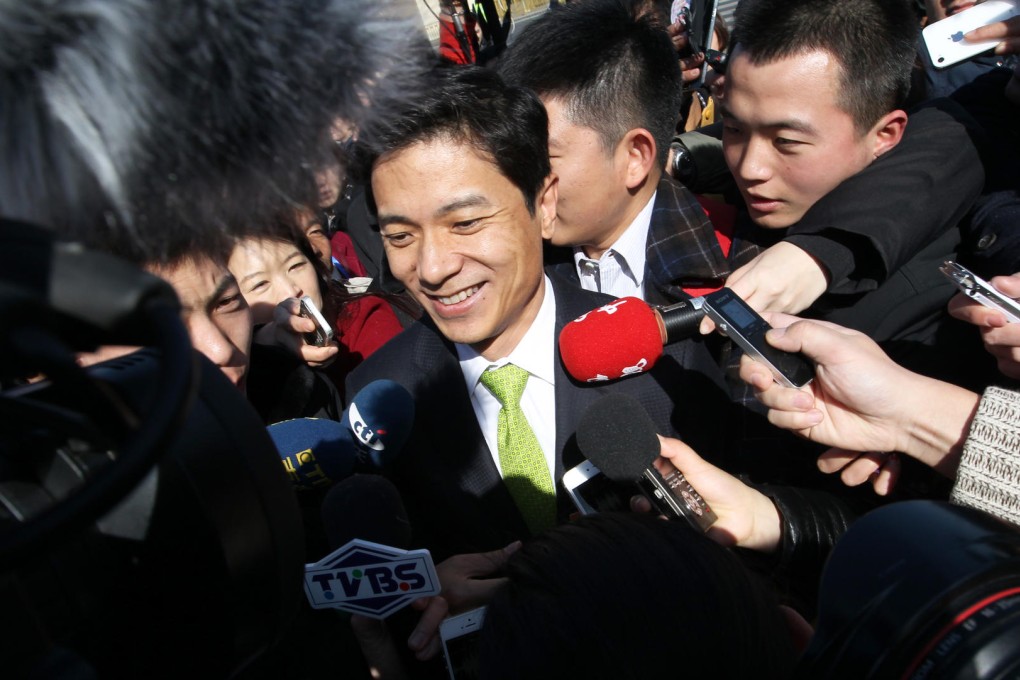'China brain' project seeks military funding as Baidu makes artificial intelligence plans
Robin Li wants China to become a world leader in artificial intelligence

Robin Li Yanhong, the founder and chief executive of online search giant Baidu, is looking to the nation's military to support efforts which may make the mainland the world leader in developing artificial intelligence (AI) systems.
One of the country's wealthiest people, Li has proposed in his capacity as a delegate to the Chinese People's Political Consultative Conference (CPPCC) that the mainland establish the "China Brain" project.
Li said the proposed project would be a massive, "state-level" initiative that could be comparable to how the Apollo space programme was undertaken by the United States to land the first humans on the moon in 1969.
He told reporters on the sidelines of the CPPCC in Beijing that the military was welcome to join the project because it was a sector with extensive funding resources that had played a significant role in technology innovation and had huge demand for the latest hi-tech advances.
American computer scientist John McCarthy coined the term "artificial intelligence" in 1955, defining AI as "the science and engineering of making intelligent machines".
Under Li's proposal, the China Brain project would focus on specific research areas: human-machine interaction, so-called big data analysis, automated driving, smart medical diagnosis, smart drones and robotics technologies for both military and civilian use.